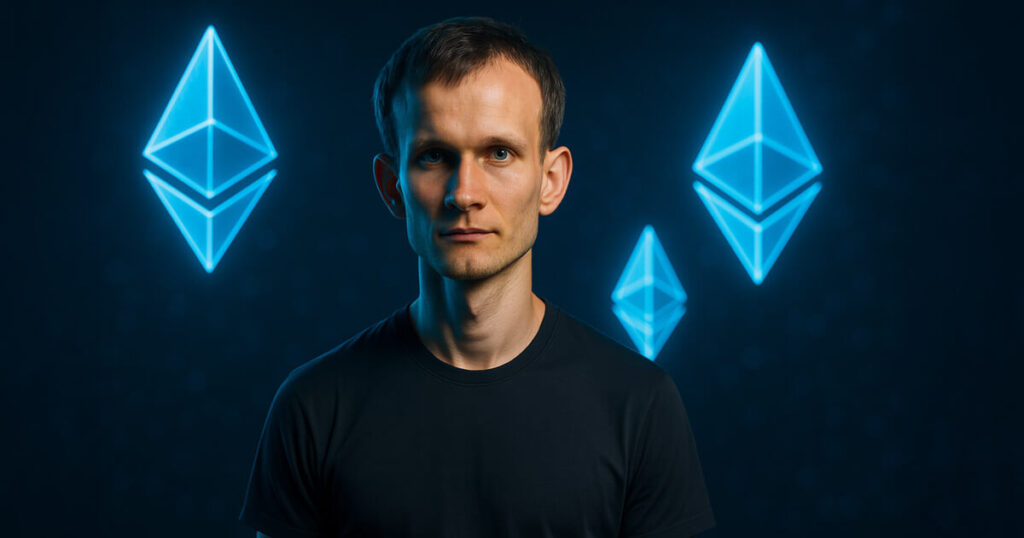Ethereum co-founder Vitalik Buterin mentioned he’s rethinking his long-held desire for permissive software program licenses, advocating for broader use of “copyleft” frameworks as open supply enters what he described as a extra aggressive and concentrated period.
In a blog post revealed on July 7, Buterin defined that permissive licenses equivalent to MIT or CC0 have traditionally been his selection as a result of they permit anybody to make use of, modify, and redistribute code with minimal restrictions, facilitating wider adoption.
In distinction, copyleft licenses like GPL or CC-BY-SA require spinoff works to be shared beneath the identical phrases, together with the publication of supply code, making a authorized safeguard for openness.
Buterin wrote:
“Traditionally, I used to be a fan of the permissive method. Extra not too long ago, I’m warming as much as the copyleft method.”
The Ethereum co-founder has been far more energetic in current months, proposing new concepts and conducting analysis amid a shift in priorities.
Defending openness
Buterin mentioned his earlier desire stemmed from two core beliefs: first, that permissive licenses diminished friction for enterprises hesitant to share their very own work and second, philosophical opposition to copyright and mental property legal guidelines.
He mentioned that permissive licensing is the closest sensible method to “no copyright in any respect,” aligning along with his perception that sharing knowledge or concepts ought to by no means be seen as theft.
Nevertheless, he now sees three main components altering this calculus. The primary is that open supply has turn into mainstream throughout industries, with corporations equivalent to Google, Microsoft, and Huawei not solely utilizing but in addition publishing important initiatives beneath open licenses.
In such an surroundings, copyleft necessities are much less of a barrier and might actively maintain openness by guaranteeing that giant corporations share enhancements again with the group.
The second issue is the altering tradition throughout the crypto trade itself. Buterin described the area as more and more “aggressive and mercenary,” with fewer initiatives open-sourcing their code purely out of ideology or goodwill.
On this context, permissive licensing alone is inadequate, and he argued that authorized necessities beneath copyleft are wanted to make sure shared progress.
Financial arguments for a concentrated world
The third issue driving Buterin’s shift is rooted in financial concept. Drawing on concepts from radical markets economist Glen Weyl, he argued that in industries with superlinear returns to scale, strict property rights result in a focus of energy.
He defined that if one actor has twice the assets of one other and might produce greater than twice the output, the hole compounds over time, leading to monopolies.
Buterin warned that these situations, mixed with speedy technological progress and geopolitical instability, threaten to create persistent and self-reinforcing energy imbalances between corporations and nations.
He famous that some governments have responded with insurance policies to implement the diffusion of know-how, equivalent to EU standardization mandates, China’s know-how switch guidelines, and the current U.S. ban on non-compete agreements.
Buterin argued that copyleft achieves related diffusion objectives in a impartial, decentralized method, with out favoring explicit actors or requiring top-down enforcement, describing it as a “broad-based and impartial method of incentivizing diffusion.”
He mentioned:
“Copyleft creates a big pool of code (or different inventive merchandise) which you can solely legally use in case you are keen to share the supply code of something you construct on it.”
Buterin acknowledged that permissive licenses nonetheless make sense when common adoption is the first purpose and are a precious part of property rights.
Nevertheless, he urged builders to acknowledge that the advantages of copyleft are “a lot larger immediately than they had been 15 years in the past” and that open supply communities ought to significantly take into account copyleft as a mechanism to forestall extreme focus of energy and make sure that technological progress stays accessible to all.
His feedback come because the AI and blockchain growth communities are actively debating licensing fashions amid issues that foundational improvements danger being captured by a small group of dominant gamers.


